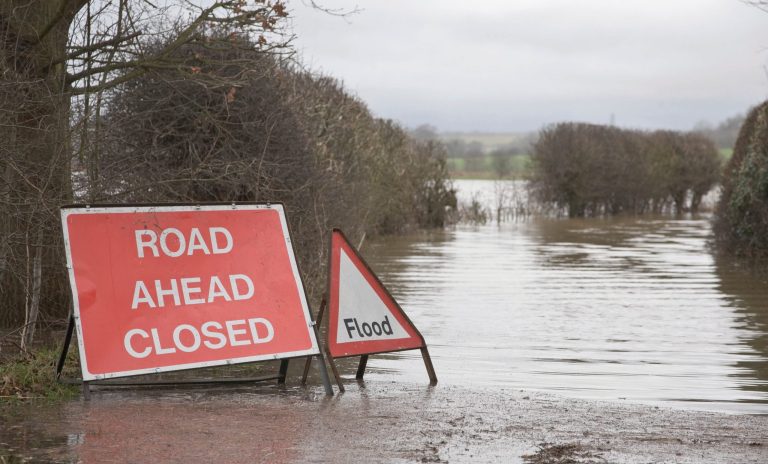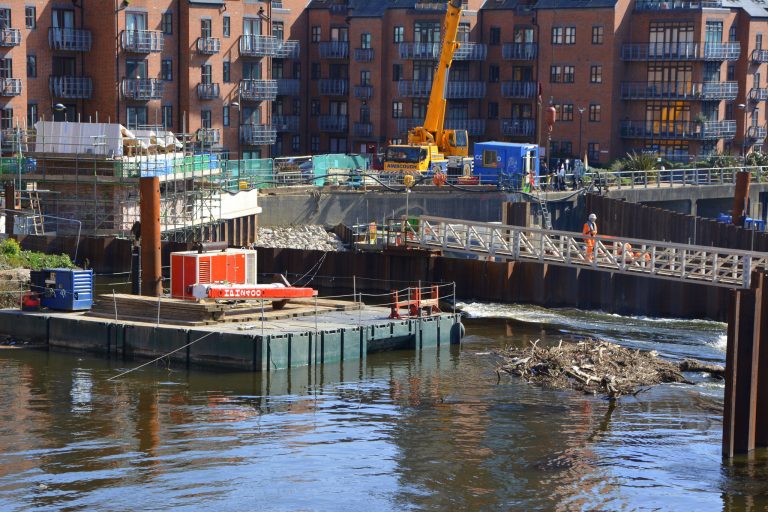Communities suffering from repeated flooding in recent years to be better protected through a new £100 million allowance Funding will be targeted at communities where 10 or more properties have flooded twice or more in the last 10 years This year £700 million will also be invested into protecting homes from the Government’s record £5.2 billion investment from 2021 to 2027 Communities suffering repeated flooding will benefit from a new ring-fenced £100 million allowance designed to better protect their properties, the Government has announced today. The £100 million Frequently Flooded Allowance will improve access to public funding for these communities, which are often smaller areas requiring more complex flood schemes, meaning that community-wide defences are not always viable. The funding will be targeted at eligible communities where 10 or more properties have flooded twice or more in the last 10 years, helping to both accelerate existing projects and deliver new ones. It is anticipated around 80 schemes will receive support over the next four years. This allowance will be part of the Government’s current programme of investment in flood and coastal defences. The Government announced in 2020 that the amount invested in flood and coastal erosion schemes would be doubled in England to £5.2 billion between 2021 and 2027, providing around 2,000 flood defences. This year, £700 million is being invested from that pot and will better protect 35,000 properties, bringing the cumulative total for the first two years of the six-year programme to more than 65,000. Environment Secretary George Eustice said: “Flooding is a miserable experience, especially for people who suffer its impacts time and again, and I feel we have a moral imperative to help. “Our new Frequently Flooded Allowance will boost schemes in areas which are hit repeatedly and reduce the risk of flooding in the future. “This new allowance will provide extra support for these areas and forms part of our major £5.2 billion effort to build around 2,000 flood schemes by 2027 and level-up defences across the country.” Sir James Bevan, Chief Executive of the Environment Agency, said: “The impacts of climate change are becoming all too familiar both at home and around the world. “While we cannot prevent all flooding, this allowance will help better protect homes and businesses at risk from repeated incidents. “The Environment Agency has a successful track record in delivering flood and coastal defence schemes across the country, having better protected more than 314,000 homes from flooding since 2015.” Communities will be selected through the Environment Agency’s annual refresh of the £5.2 billion capital programme – which sets out the latest information on each project in the programme and the amount of grant-in-aid allocated to that project in that year. The latest investment builds on the Environment Agency’s successful delivery of the government’s previous £2.6 billion investment between 2015 and 2021, better protecting more than 314,000 homes, exceeding its original target. Thanks to a £2.6 billion investment, more than 850 new flood and coastal erosion defence projects were completed during this period. Over 580,000 acres of agricultural land, as well as thousands of businesses, communities and major infrastructure – including more than 8,000 kilometres of roads – also benefited from improvement schemes. Our flood defences recently protected around 50,000 properties from flooding during Storms Dudley, Eunice and Franklin, and schemes delivered in the last year are already helping to provide better protection for thousands of properties across England. Today’s announcement is another step to delivering on the ambitions of the government’s flood and coastal erosion risk management policy statement and the Environment Agency’s National Flood and Coastal Erosion Risk Management Strategy, which set out a vision and set of comprehensive actions to ensure that our country is more resilient to flooding and coastal erosion and climate change in the long term.








